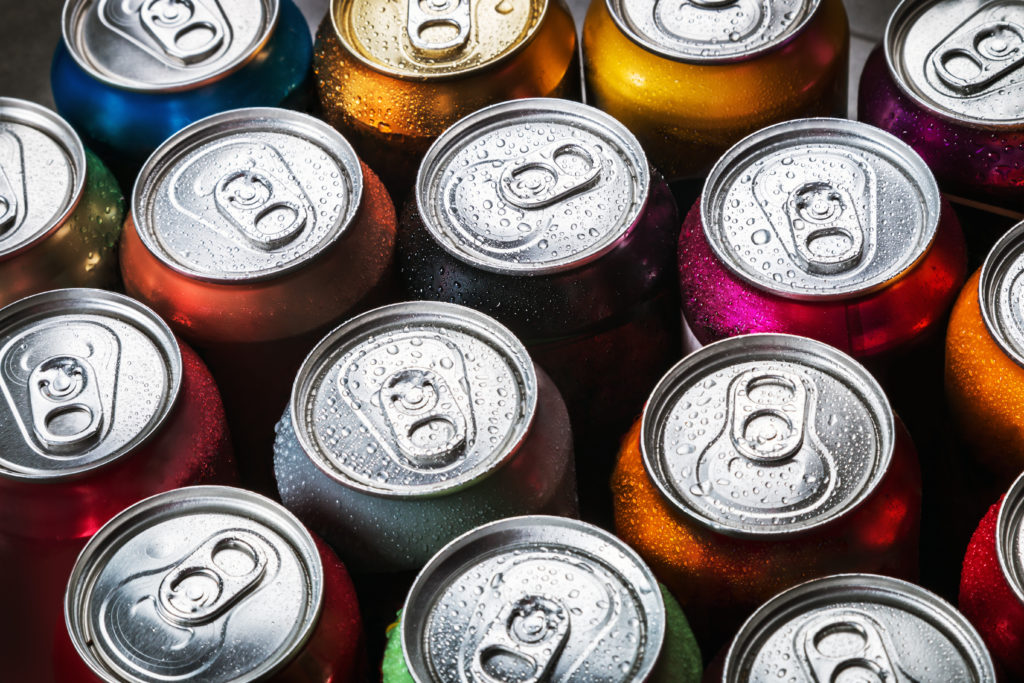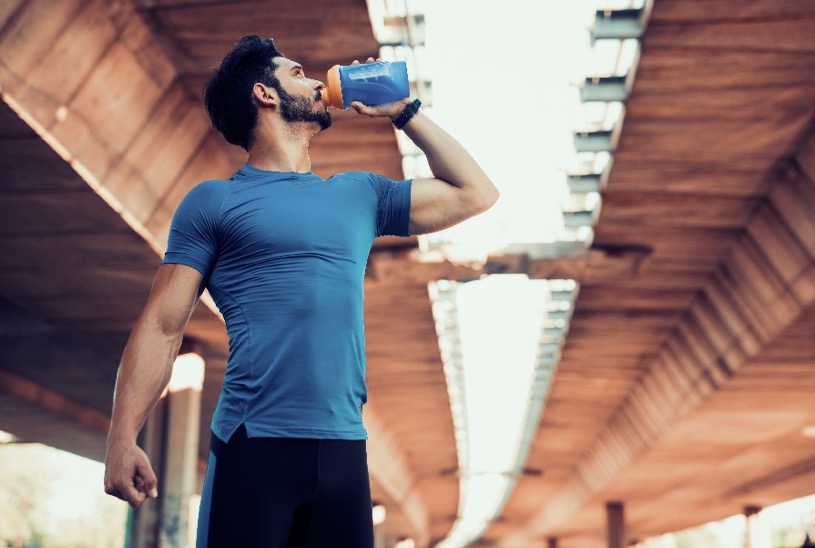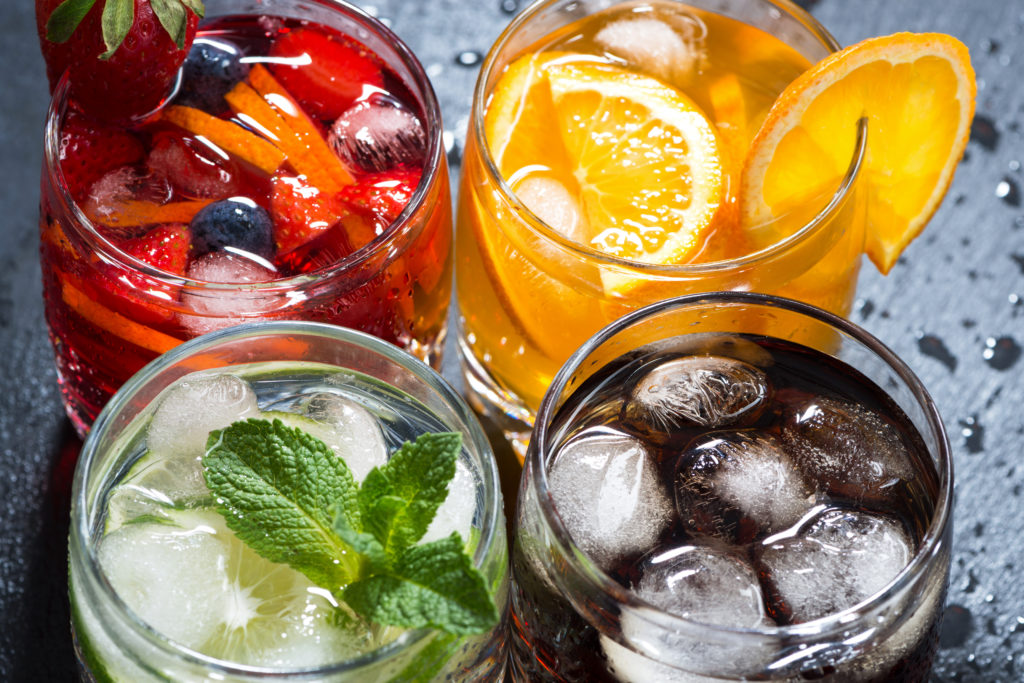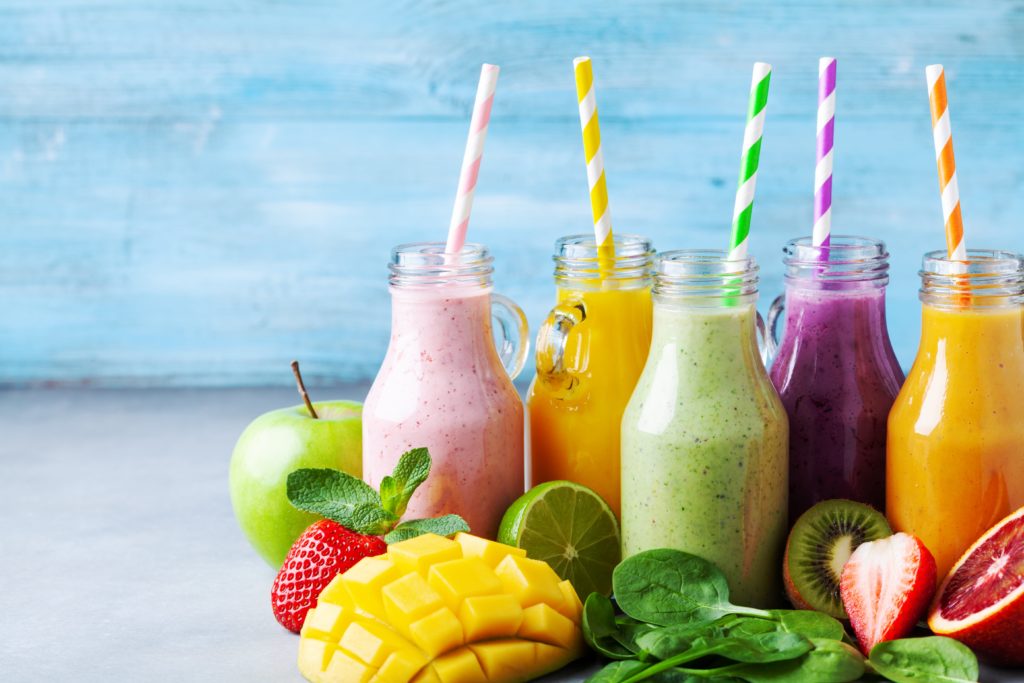Clean energy and hydration: Health solutions in beverages
Introduction
In November 2024 FMCG Gurus and Sensapure Flavors presented a webinar exploring shifting consumer attitudes towards health and well-being. The webinar examined the drivers behind consumer demand for clean energy, hydration and instant health solutions in the functional beverage category.

Prioritizing day-to-day wellness and energy levels in 2025
Over the past 18 months consumers have changed their focus from long-term health to improving day-to-day wellness. This is particularly true for mood enhancement and stress alleviation. FMCG Gurus’ consumer insights show only 1 in 5 global consumers regularly feel energized. This can impact their ability to perform day-to-day tasks. As a result, boosting energy levels will be a priority for consumers in 2025.
“Consumers can often feel tired and fatigued. They are worried that this may be a reflection of an overall drop in their health. This is driving demand for energy boosting products. At the same time, industry legacy issues means that consumers can sometimes be conscious of seeking these products out. This is creating the opportunity, particularly within the beverage space, to promote the concept of clean energy and make the link with hydration to target those consumers that are seeking out products that will help them get through the day both physically, emotionally and cognitively.”
Mike Huges, Head of Research and Insights, FMCG Gurus
Clean label claims for energy boosting beverages
Consumers may have an unfavorable perception of energy boosting products as having a short-term impact and potentially containing high levels of sugar. The industry need to change this by offering formulations that are free from dietary evils and artificial ingredients. In contrast, they should focus on ingredients that are natural, clean and offer a sustained energy boost. Consumers are open to new products and willing to research and be educated about new ingredients.
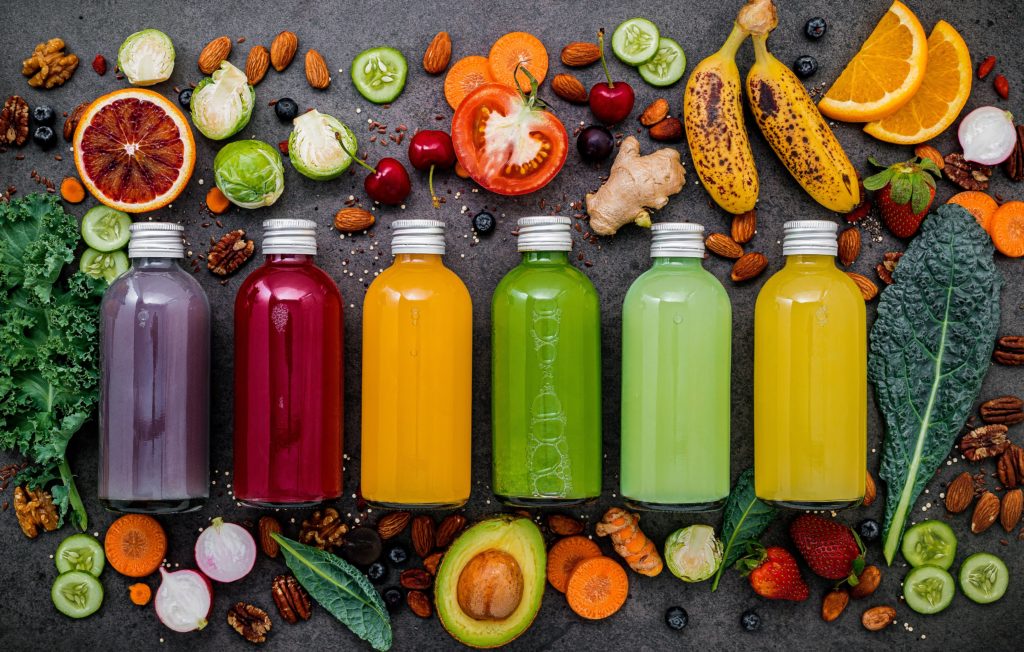
Opportunities & Recommendations
During the Q&A our panel members discussed how brands can capitalize on opportunities around energy in the ready to drink market. This included what to do next from a consumer perspective and how to customize this approach for different cohorts. Sensapure Flavors explored their role in flavor innovation and product development capabilities. They also discussed new ingredients and flavors in the energy drink category.
“Getting away from ingredients that consumers see as “bad” is important. Novel ingredients like lutein and zeaxanthin, which are good for eye health, play into the gamer space - that’s a space that’s pretty new [...] Also, ingredients that provide satiety like amino acids, plant-based proteins, also non-nutrient sweeteners - ingredients other than sugar and artificial sweeteners, that have a natural skew and don’t contain a lot of calories.”
Derek Greer PhD, Senior Director R&D, Sensapure Flavors
“Today’s consumers are very astute in doing the research and understanding what works best for them. Transparency on the label and having clinical data that backs up the claims of those ingredients is very important. Clean label is a trend we have been seeing not only in energy but across the world of functional beverages.”
Tony Colalillo, Senior Vice President of Sales & Marketing, Sensapure Flavors
Find out the latest consumer insights and opportunities for your industry. To sign up to FMCG Gurus’ future webinars, please click here.

